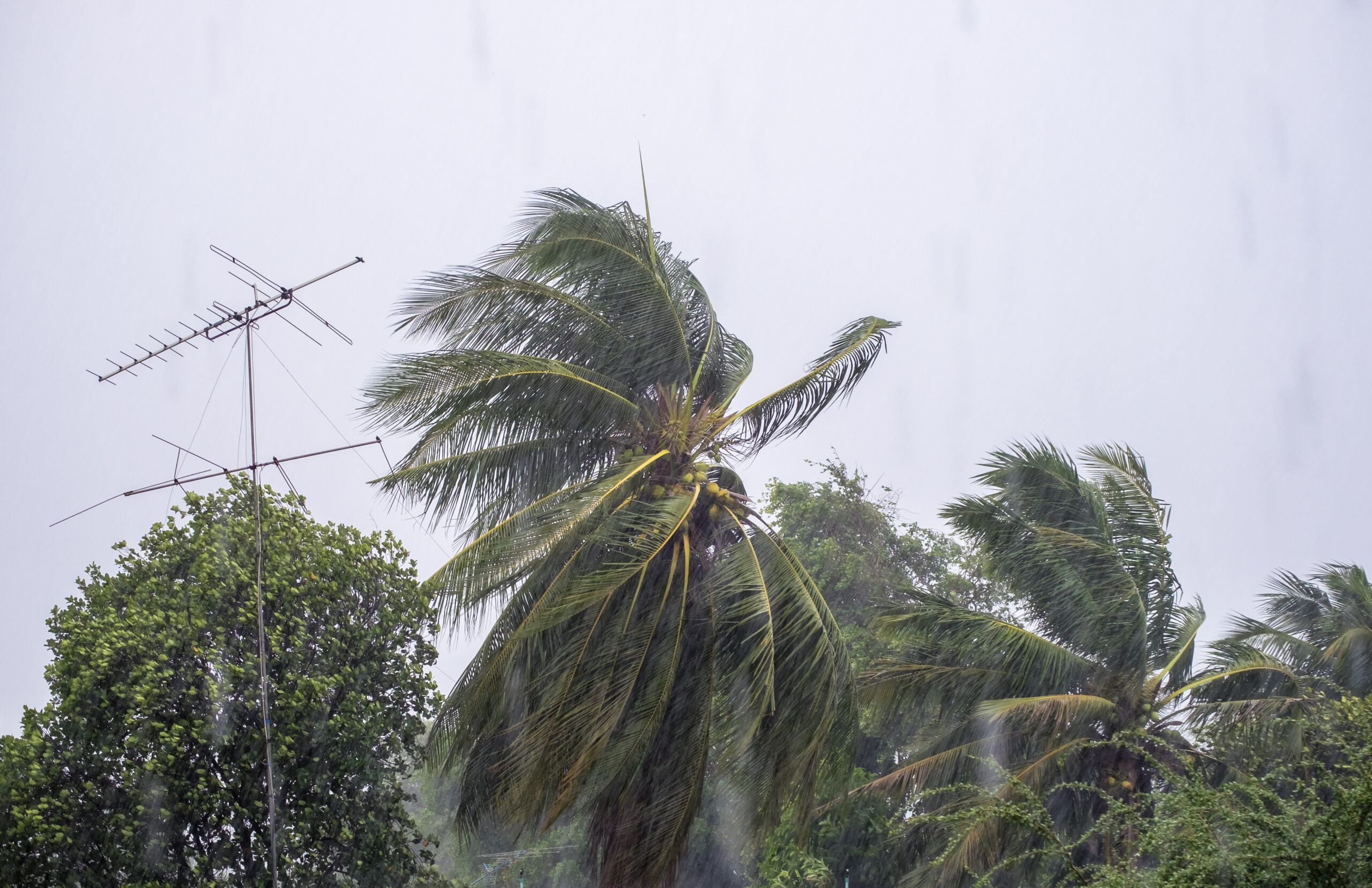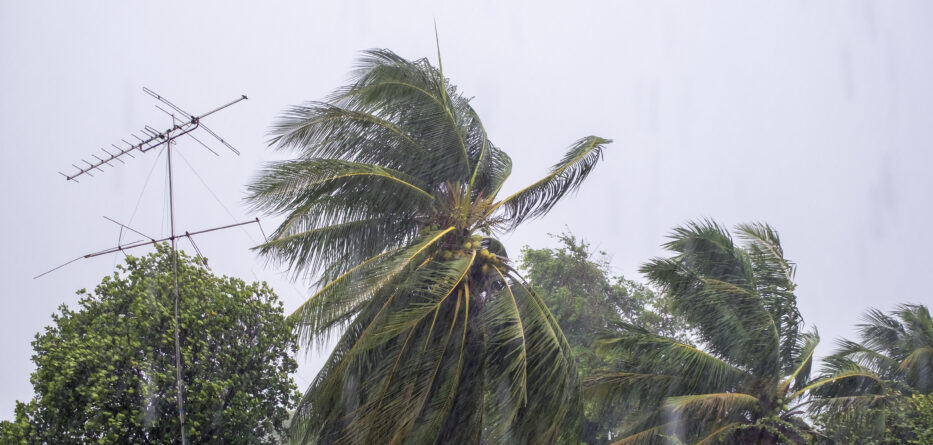
Credit: Envato Elements
As Florida reels from the devastation caused by back-to-back hurricanes Milton and Helene, the psychological toll on residents is becoming increasingly apparent. The two catastrophic storms have left communities not only dealing with loss and destruction but also grappling with anxiety, depression, and trauma, which experts warn could have long-lasting effects.
Amber Henry, a mother from Lakeland, Florida, shared the harrowing experience of escaping floodwaters with her four children as Hurricane Milton ravaged her home. “All I could do was pray,” Henry said, recalling how transformers exploded outside and floodwaters surged through her windows. Her home wasn’t even in an evacuation zone, underscoring the unpredictability and widespread impact of the storms.
Hurricanes Milton and Helene have collectively claimed the lives of at least 43 people in Florida, leaving behind a trail of despair and destruction. Entire communities, especially in areas such as Hillsborough County, continue to battle unprecedented flooding and devastation. Hillsborough County Sheriff Chad Chronister described the emotional toll as “heartbreaking,” particularly in neighborhoods where residents have lost everything.
The psychological effects of these storms are not only immediate but may also have lasting impacts. Experts suggest that Floridians who lived through previous hurricanes like Irma and Michael are at an increased risk of mental health challenges, including post-traumatic stress disorder (PTSD), anxiety, and depression. A 2022 study found that repeated exposure to climate disasters significantly heightens the likelihood of compounded mental health issues.
Dr. Dana Rose Garfin, a psychologist and professor at UCLA, warned of the cumulative toll these storms are taking. “There’s the psychological aspect of not really having time to recover before you’re on to the next crisis. In this case, there was no physical ability to recover before the next disaster hit.”
Floodwaters in areas like Valrico and Lithia reached dangerous levels, with emergency rescues ongoing as hundreds of residents remain displaced. Many survivors, like Amber Henry, have lost their homes, belongings, and vital documents. “I have nothing,” Henry said, describing the situation after her car was submerged and her home left uninhabitable.
The repeated hurricanes have put immense pressure on mental health resources in the state. The emotional burden is particularly heavy for those with limited means. “These are people that live day-to-day and now they’ve lost everything,” Chronister shared.
As communities struggle to recover, the psychological aftershocks of these hurricanes are becoming more evident. Dr. Gail Saltz, a psychoanalyst and clinical professor at New York Presbyterian Hospital, emphasized the challenges ahead. “The full emotional toll won’t be known for some time, but research suggests these storms will make recovery harder for many Floridians.”
With forecasts suggesting that destructive back-to-back storms may become more frequent due to climate change, Florida’s residents could face ongoing mental health crises. Experts are calling for increased mental health support and resources to help individuals cope with the emotional aftermath of these disasters.
-
Credit: Shutterstock While the Super Bowl delivered its usual edge-of-your-seat action on the field, millions of fans made a...
-
Credit: Shutterstock The U.S. Department of Justice on Friday unveiled its most extensive disclosure yet in the Jeffrey Epstein...
-
Credit: Shutterstock In a dramatic reset aimed at cooling tensions, Border Czar Tom Homan has ordered Border Patrol leadership...
-
Credit: Shutterstock Former President Donald Trump has once again ignited global controversy—this time by reviving his push for U.S....
-
Credit: Shutterstock Political tensions across the Americas surged this weekend after former U.S. President Donald Trump issued stark warnings...
-
Credit: Shutterstock Minnesota Governor Tim Walz responded Sunday to mounting concerns over a major fraud scandal after a viral...
-
Credit: Shutterstock The Department of Justice has reversed course and restored previously removed images from the Jeffrey Epstein document...
-
Credit: Shutterstock The world of film, television, and political activism is reeling from the sudden and devastating news of...
-
Credit: Shutterstock JPMorgan Chase CEO Jamie Dimon delivered an unusually direct rebuttal this week after Trump Media & Technology...
-
Credit: Shutterstock A shocking new 115-page report has peeled back the curtain on life inside the FBI under Director...
-
Credit: Shutterstock Bay Area residents who recently glanced up over the Golden Gate Bridge were treated to an unexpected...
-
Credit: Shutterstock As President Donald Trump abruptly turned against Rep. Marjorie Taylor Greene, one of his most vocal supporters,...




















